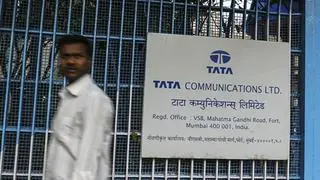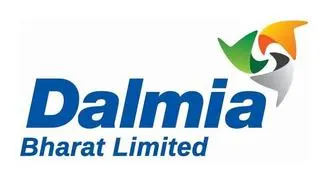I am an investor and a regular reader of BL Portfolio. I know one should buy low and sell high (and vice versa) to make profit in shares. Likewise, I know one must buy call option and sell the same before expiry. What I don’t understand is what my profit or loss on expiry will be. Can you explain?
K NAGARAJAN
On expiry, the profit and loss of an option is the difference between the strike price of the option that you bought and the price of the underlying. Until expiry though, the price of an option is influenced by several factors such as time-to-maturity, implied volatility etc.
Let us say you bought 100-strike call option of stock A at ₹10 (call option premium) and the stock is currently trading at ₹90. Assume that the stock appreciates and on expiry it ends at ₹120.
The value of a call option on expiry will be the price of underlying on expiry minus the strike price and vice versa for a put option.
So here, the value of the option on expiry will be ₹120-100, i.e., ₹20.
Since you have spent ₹10 to buy this option, your net profit will be ₹20-10, i.e., ₹10. Had the stock closed at ₹110, you would have achieved break-even and had it closed at ₹105, you would lose ₹5.
To find the break-even price of an option with respect to stock price, add premium paid to the strike price for a call option. For put option, subtract the premium paid from the strike price.
So, maximum loss for call option buyers will be the premium paid; maximum profit will be price of the underlying on expiry minus strike price of the option minus the premium paid to buy that option.









Comments
Comments have to be in English, and in full sentences. They cannot be abusive or personal. Please abide by our community guidelines for posting your comments.
We have migrated to a new commenting platform. If you are already a registered user of TheHindu Businessline and logged in, you may continue to engage with our articles. If you do not have an account please register and login to post comments. Users can access their older comments by logging into their accounts on Vuukle.